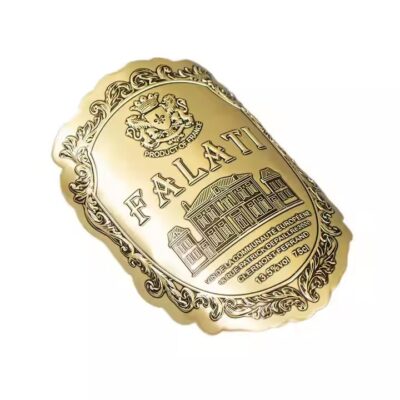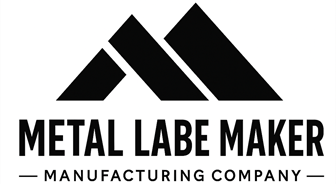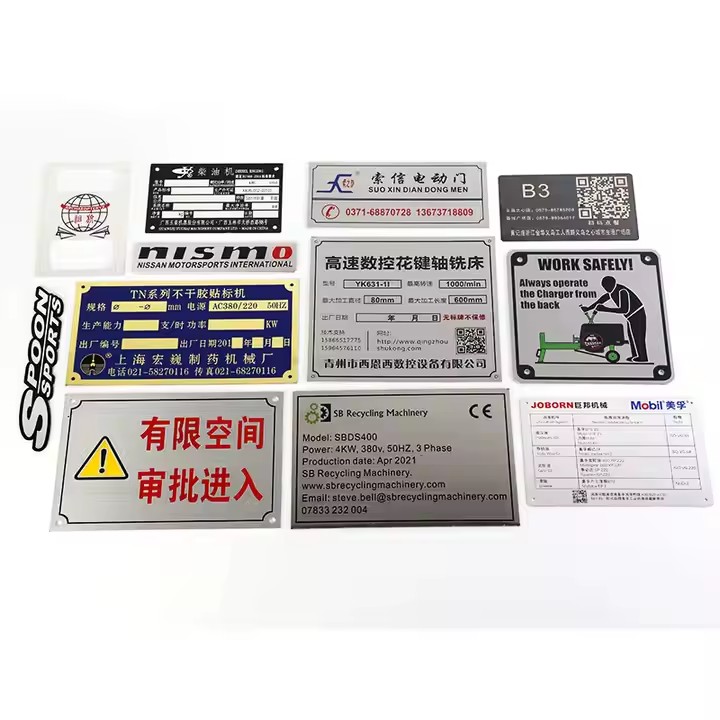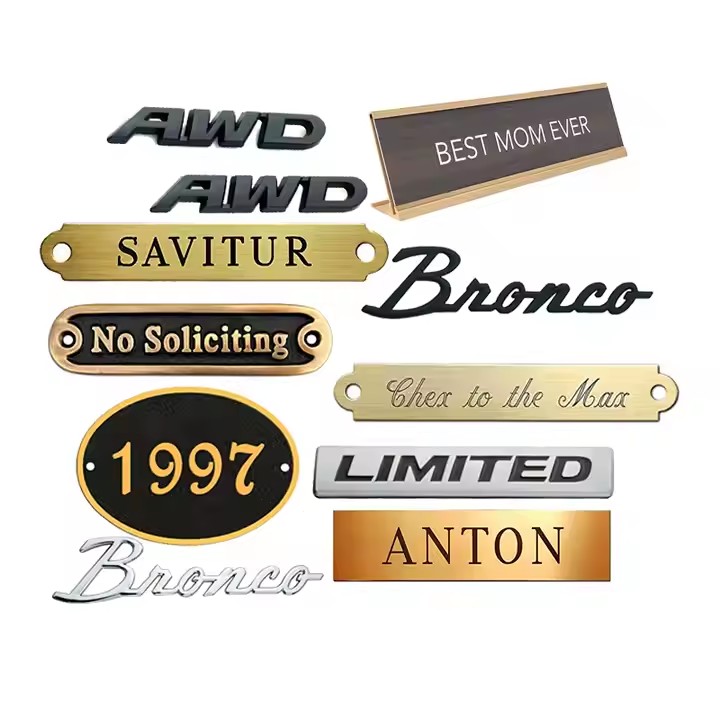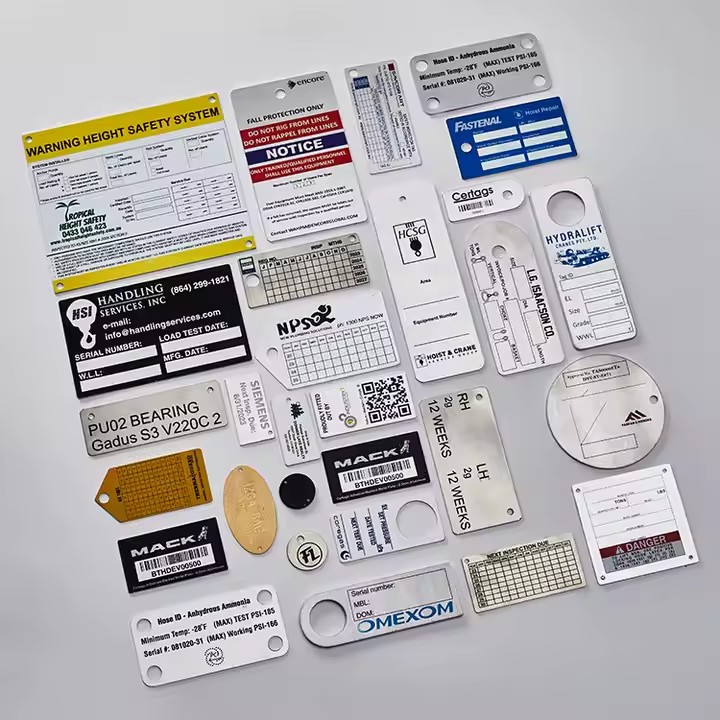Durability of Aluminum Labels: Corrosion Resistance, Heat Resistance & More
Aluminum labels are renowned for their outstanding durability, making them a preferred choice in many industries requiring long-lasting and reliable identification solutions. This blog explores the key durability features of aluminum labels, including corrosion resistance, heat resistance, and additional factors that contribute to their robustness.
1. Corrosion Resistance
One of the most significant advantages of aluminum labels is their natural corrosion resistance. Aluminum forms a thin oxide layer on its surface when exposed to air, which acts as a protective barrier against rust and corrosion. This makes aluminum labels highly suitable for outdoor environments, marine applications, and areas exposed to moisture or chemicals. Additionally, anodizing—an electrochemical surface treatment—further enhances corrosion resistance and surface hardness, prolonging the label’s lifespan.
2. Heat Resistance
Aluminum labels can withstand a wide temperature range without deforming or losing legibility. They maintain their structural integrity in high-temperature environments commonly found in manufacturing plants, automotive engines, and electrical equipment. This heat tolerance ensures that the information on the label remains clear and durable even under extreme conditions.
3. UV and Weather Resistance
Aluminum labels exhibit excellent resistance to ultraviolet (UV) rays, preventing fading or degradation caused by prolonged sun exposure. Combined with their corrosion resistance, this makes aluminum labels ideal for outdoor signage, equipment labeling, and products exposed to harsh weather conditions such as rain, snow, and wind.
4. Abrasion and Impact Resistance
While aluminum is lightweight, it is also relatively tough. Aluminum labels can resist scratches, dents, and impacts better than many plastic or paper labels. Surface treatments like anodizing and powder coating add additional layers of protection, enhancing resistance to physical wear and tear during handling or in harsh operational environments.
5. Chemical Resistance
Aluminum labels show strong resistance to many industrial chemicals, oils, and solvents. This makes them suitable for labeling equipment or products used in chemical plants, laboratories, or manufacturing processes where exposure to corrosive substances is common.
Conclusion
The durability of aluminum labels, highlighted by their corrosion resistance, heat tolerance, UV stability, and abrasion resistance, makes them a versatile and reliable choice across a broad range of applications. Whether used in harsh outdoor environments, industrial settings, or high-temperature conditions, aluminum labels ensure long-lasting performance and clear identification for your products and equipment.
